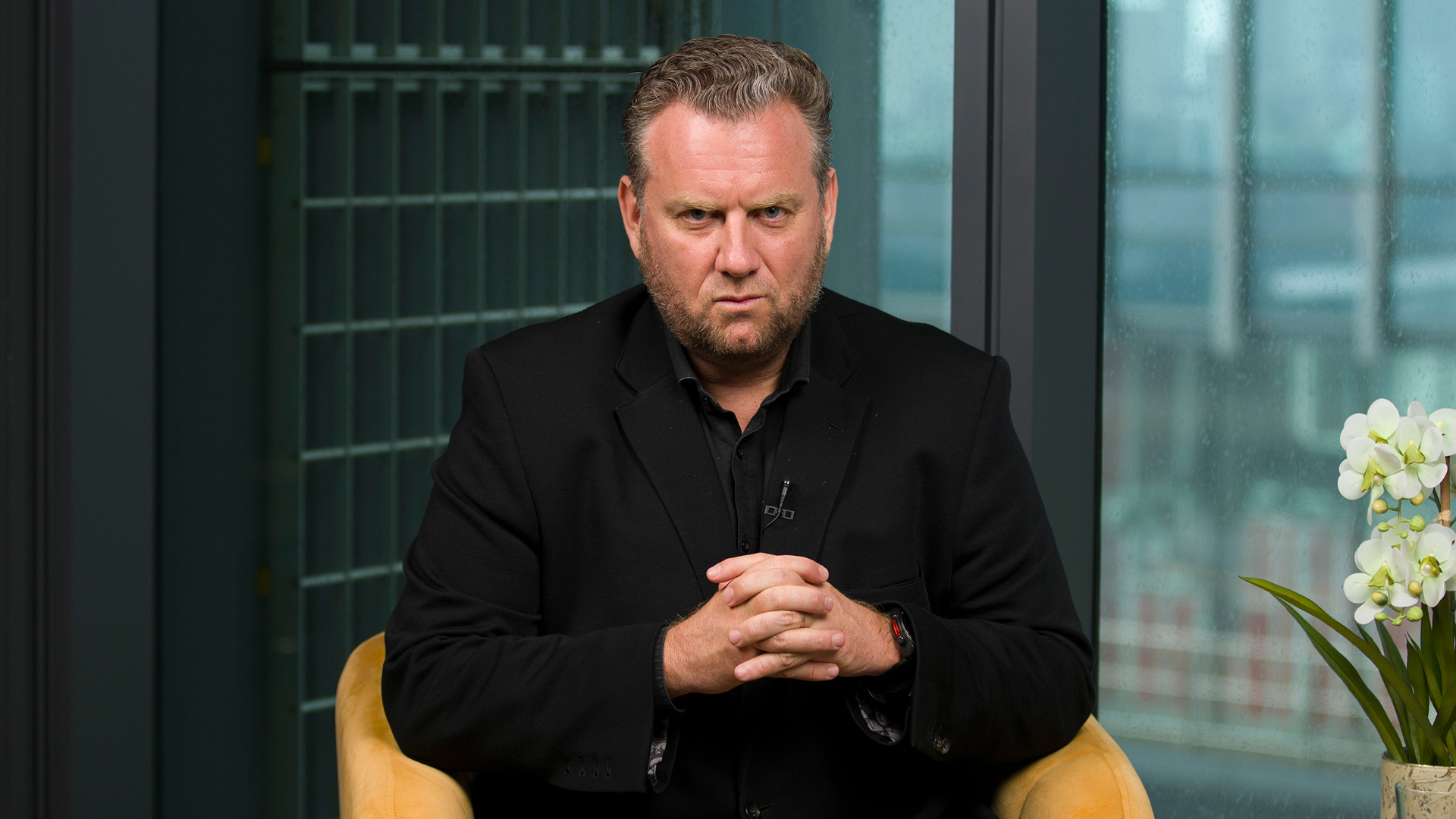Forget hybrids: Chris Joye on what Coolabah's YLDX ETF can offer investors
This interview was filmed on Thursday, 21 August 2025.
It's an intriguing time for fixed income markets, says Christopher Joye, chief investment officer at Coolabah Capital.
"Current dynamics are very interesting because we have two influences," said Joye. "On the one hand, long-term interest rates have remained very high. We are very much in a high-rates-for-long environment, which is an interesting juxtaposition to the low-rates-for-long regime that applied in the post-GFC period.
"And then short-term interest rates, which are controlled by central banks, are still very high as well, but they're falling. We are seeing central banks chisel down those rates."
But he doesn't expect big rate cuts.
To take Australia as an example, he believes the RBA's terminal cash rate will be around 3%.
"We're going to be left with high short-term interest rates, and crucially, very high long-term interest rates because bond markets are focused on the fact that governments are issuing a lot of debt and we bond bandits, so to speak, need to be paid handsome compensation or consideration to take down all of that debt," said Joye.
"The sheer quantum of debt being supplied globally is keeping long-term interest rates very high. And that means yields are likely to remain very attractive."

It's part of the reason Coolabah has launched its Coolabah Global Floating-Rate High Yield Complex ETF (CBOE: YLDX), which puts the manager's fixed income expertise to full use in order to maximise returns.
"We have a very systematic or quantitative process when trying to figure out what interest rate a bond should pay us," says Joye.
"Typically, we're using 10-to-20 models to price any given security, but we're really focused on only trading the most-liquid bonds, the safest bonds in the world, and bonds that are mispriced that have a little bit of extra interest rate juice, which can then provide us with a capital gain or some price appreciation."
"We're also very selective, so of the 7,000 investment-grade bond issuers globally that exist, we only allocate capital to around 305 of those."
The genesis of YLDX came from clients demand for the ETF equivalent of a previous product - Coolabah's Floating Rate High Yield managed fund. But while YLDX bears many similarities to that fund, there's also some key differences.
"YLDX can allocate not just to Aussie bank bonds, which is the restriction on the original floating rate high yield fund, it can also allocate to global banks. So Goldman Sachs, Morgan Stanley, JP Morgan, as well as ANZ, NAB, CBA and Westpac," says Joye.
It's a fairly straightforward proposition: attractive yields, higher credit ratings, better liquidity and lower default risk.
"In fixed income, investors tend to look at yield as their main source of return. And the way to drive yield is through illiquidity," says Joye. "You can also drive yield through default risk, again by going into riskier parts of the debt market."
But chasing this yield has caught out income investors in the past. Joye points to the examples of Virgin Australia bonds, as well as Credit Suisse hybrids, both of which burned investors.
It's an issue Coolabah believes it can solve.
"We are trying to invest in bonds that really have de minimis or no default risk as far as we're concerned - so very highly rated, typically A-to-AA-to-AAA rated bonds."
YLDX is also designed to offer a potentially superior alternative to the maturing hybrid market.
"There are about $40 billion of bank hybrids that will mature between now and 2032, and investors are going to lose that income. We wanted to provide a solution," said Joye.
According to Joye, YLDX offers a much more compelling opportunity.
"It's got a high credit rating, we would argue it's got better liquidity, it's definitely got a better yield," he said. "And over the last 12 months, the sector that YLDX invests in has returned about 8.2%, whereas the hybrid market's only done 6.5%."
Reception so far has been highly positive, according to Joye.
"YLDX is, I believe, one of if not the fastest growing active ETF in Australia. We're very pleased with both the performance, the returns thus far, and also the flows into the product."

5 topics
1 stock mentioned
1 fund mentioned


